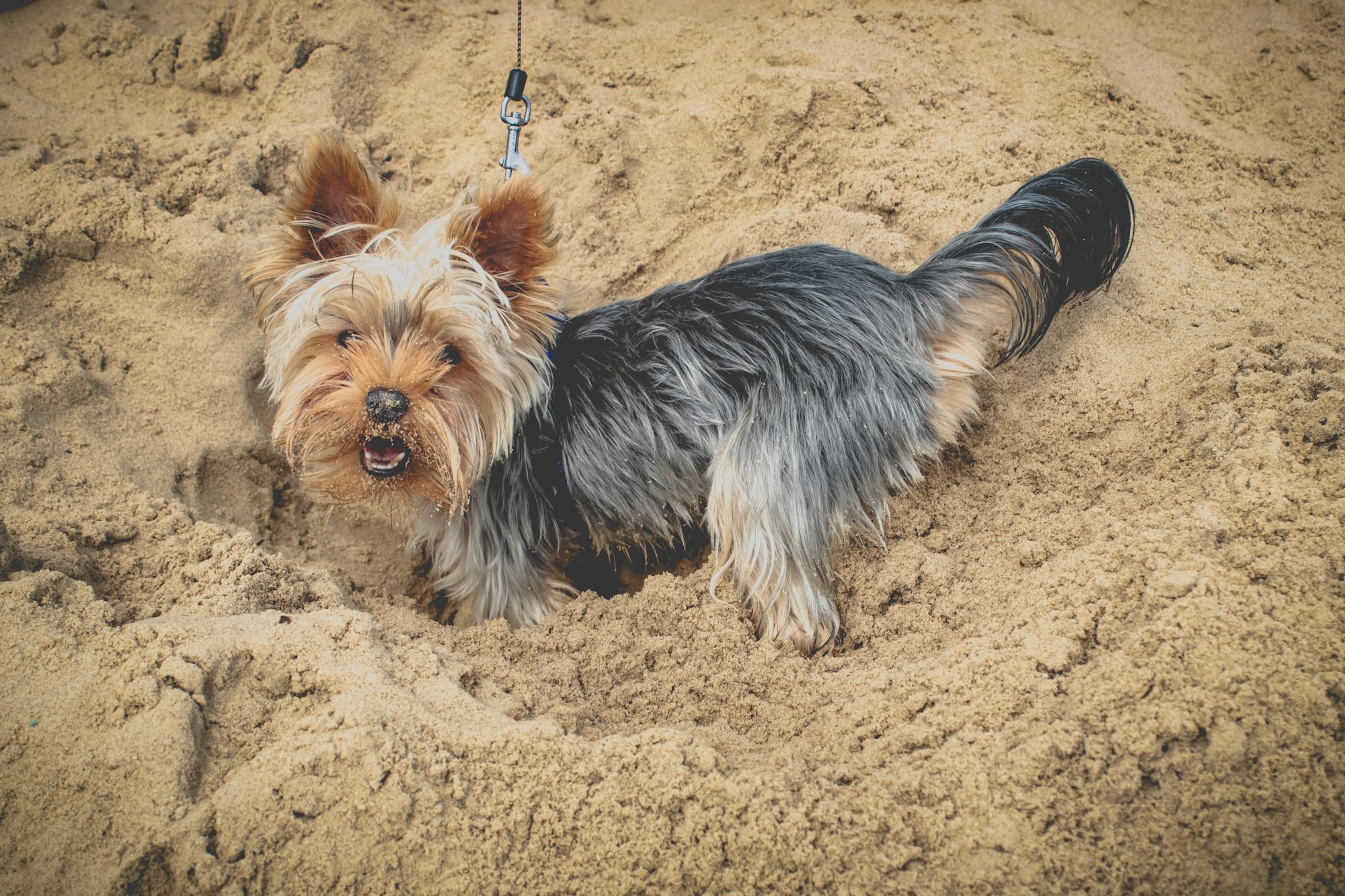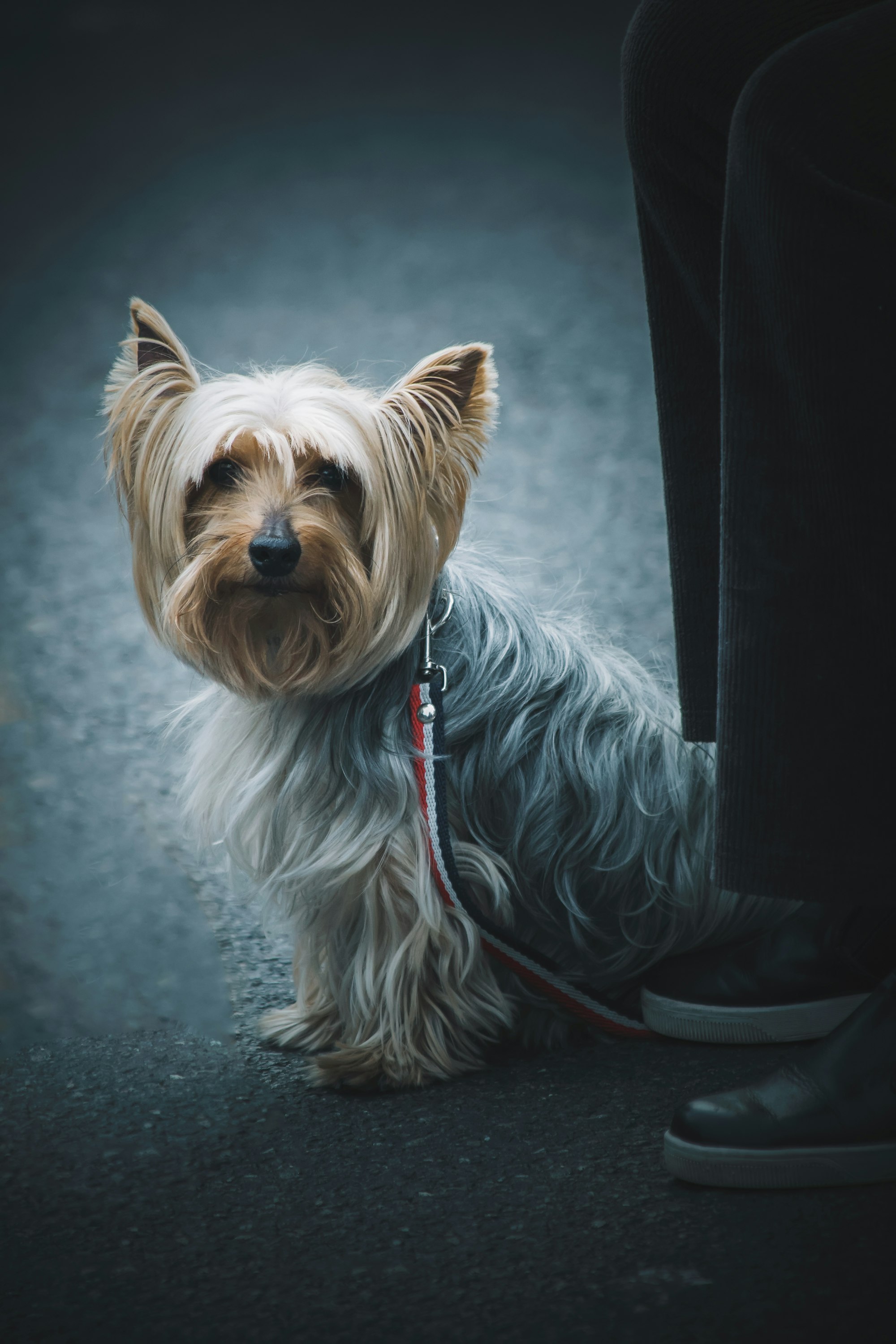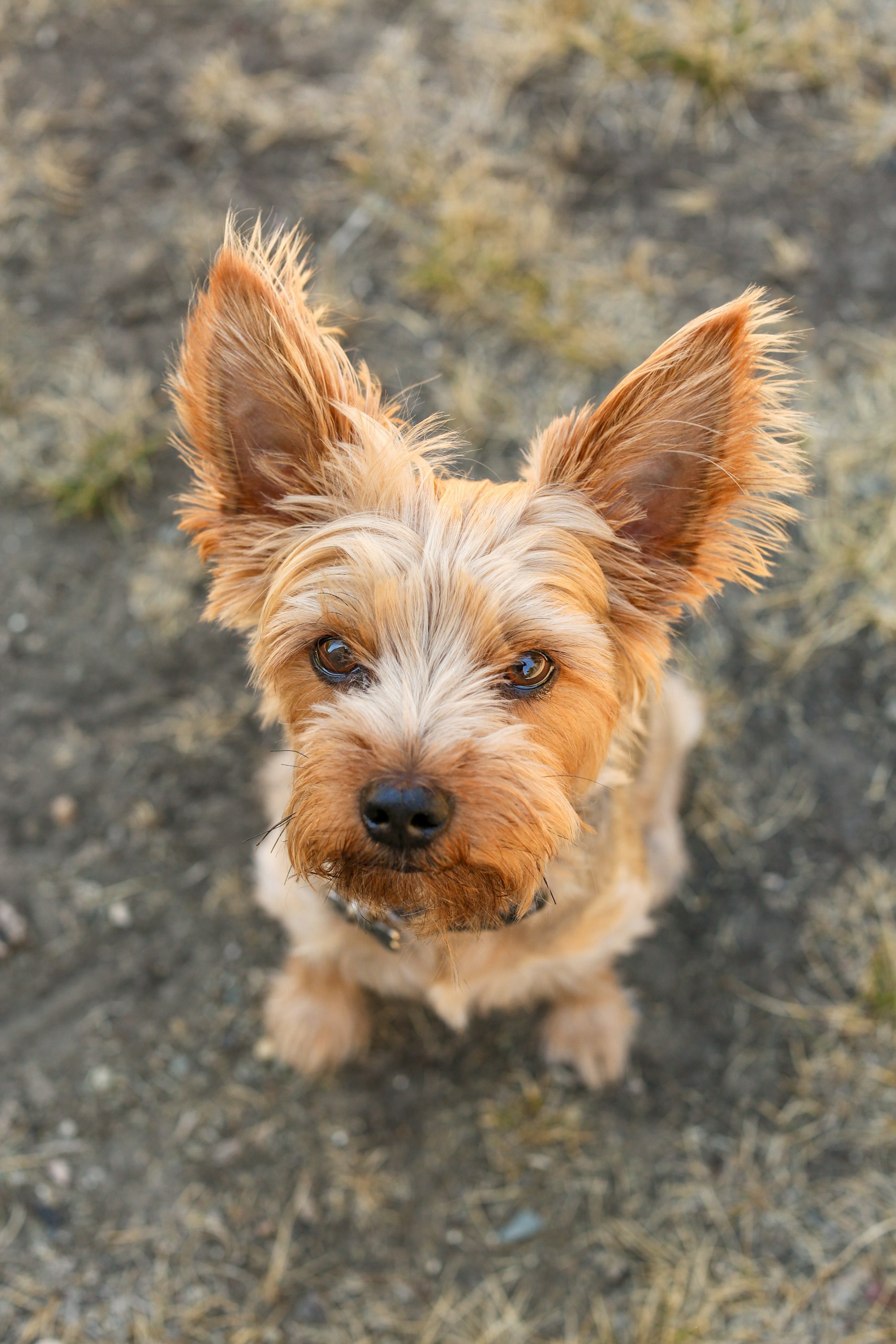If you're the proud owner of a Black Russian Terrier, you know that these are not ordinary dogs. Their commanding presence, combined with their intellectual prowess, makes them a unique breed that requires specific training techniques.
The Basics of Black Russian Terrier Training
Start by understanding your dog. Black Russian Terriers are intelligent, assertive, and protective. This means they need both mental and physical challenges to thrive. Regular exercise, puzzles, and obedience training can keep their minds sharp and bodies healthy.
A part of physical exercise is walking, and while walking, it's essential to pay attention to your dog's paws. Just like human feet, dog paws are vulnerable and need care.

Techniques for Training Your Black Russian Terrier
The journey towards successful Black Russian Terrier training begins with consistency. Training your dog to understand basic commands is not an overnight process. It's a product of consistent work and repetition. Keep training sessions short and frequent, to make them more effective.
Use positive reinforcement in your training. When your Black Russian Terrier obeys a command, reward them with a treat, a toy, or just a loving pat on the head. This way, your dog associates obedience with positive experiences.
A critical training technique for Black Russian Terriers is socialization. These dogs are naturally wary of strangers. To combat this, expose your pup to a variety of experiences, people, and environments.
Health Considerations for Black Russian Terriers
It's important to note that training should always be coupled with proper healthcare. As a dog owner, you should be familiar with the common health issues your dog might face. For instance, hip dysplasia is a common problem in large dogs like the Black Russian Terrier. Regular vet check-ups can help you detect any early signs of hip dysplasia and treat them accordingly.
Along with regular vet visits, ensure that your dog gets the right medication at the right time. One crucial aspect is using a quality dewormer for dogs. This ensures that your dog is parasite-free and in optimal health for training.
Training Your Black Russian Terrier Puppy
Training your Black Russian Terrier should ideally start when they're a puppy. Begin with toilet training, teaching them where and when it's appropriate to do their business.
As your pup grows, teach them basic commands like "sit," "stay," and "down." Once they master these, move onto more advanced commands.

Exercise Needs of Your Black Russian Terrier
Black Russian Terriers are a large, energetic breed that requires a good deal of exercise. An interesting way to ensure they get enough exercise is to use a dog treadmill. This can be particularly useful on days when outdoor activities aren't feasible due to weather or other conditions.
However, a treadmill should not replace regular outdoor exercise. Black Russian Terriers need to explore, sniff, and see the world. A long walk or a trip to the dog park can fulfill this need.
Hydration is also crucial during exercise. Always ensure your Black Russian Terrier has access to exercise water when active. Dehydration can lead to serious health problems for your dog.
Advanced Training for Your Black Russian Terrier
As your Black Russian Terrier becomes more confident and skilled in basic obedience, you might want to consider advanced training. This could include agility training or even tasks associated with their original role as a military and police dog. This gives your dog a job to do, helping them feel productive and content.
Black Russian Terrier Behavior: Understanding Your Dog
Understanding your dog's behavior is crucial for successful training. Black Russian Terriers are known for their high intelligence, strong will, and loyalty. They are quick learners, which is a double-edged sword: they can pick up both good and bad habits equally fast. Hence, it's essential to guide them correctly right from the start.
Dealing with Separation Anxiety in Black Russian Terriers
Black Russian Terriers can sometimes develop separation anxiety. If left alone for too long, they may become destructive or engage in excessive barking. Training them to feel comfortable when alone is crucial.
Start by leaving them alone for short periods, gradually increasing the time. Ensure they have plenty of toys to keep them engaged. This way, they associate being alone with positive experiences.
Managing Aggression in Black Russian Terriers
While Black Russian Terriers are not typically aggressive, they may exhibit signs of aggression when they feel threatened. Hence, socializing your dog from a young age is essential to help them feel comfortable in different situations.
Expose them to various experiences, people, and animals. Remember, positive reinforcement works wonders in such situations. Reward good behavior, and your dog will learn to behave appropriately.
Practical Training Exercises for Your Black Russian Terrier
Practical training exercises can be fun and engaging for both you and your dog. They are also an excellent way to train your dog while keeping them active and entertained.
One such exercise could be hide-and-seek. Hide a treat or a toy somewhere around the house and ask your dog to find it. This stimulates their brain and encourages them to use their natural instincts.
The Role of Diet in Training
A balanced diet plays a crucial role in your dog's training. Good nutrition provides the energy your dog needs to participate in training sessions. It also aids in their overall health and well-being.
Ensure your Black Russian Terrier's diet consists of quality protein, healthy fats, and complex carbohydrates. Make sure to consult your vet about the specific dietary needs of your dog.
Training a Black Russian Terrier: The Journey Matters
In the end, remember that training your Black Russian Terrier is a journey. There will be ups and downs, successes, and failures. But each step brings you closer to a well-trained, obedient, and happy dog.
Stay patient and consistent, use positive reinforcement, and remember to cater to your dog's individual needs. Over time, you will develop a deep bond with your Black Russian Terrier, making the entire training process a truly rewarding experience.

Training Techniques: Encourage Play and Exercise
While training your Black Russian Terrier, it's important to remember that these dogs require a lot of physical exercise and mental stimulation. Making play a part of the training process can help keep your dog engaged and happy. Try incorporating fetch or tug of war into your training sessions to make them more exciting for your dog.
Use a variety of toys to keep your dog engaged and challenged. Puzzle toys that dispense treats when solved can provide mental stimulation while reinforcing the principles of reward-based training.
Understanding Black Russian Terrier Commands
The power of your voice is vital in training your Black Russian Terrier. The tone, pitch, and volume of your voice can communicate different commands to your dog. Consistency in your commands and the way you give them is key.
Start with simple commands like "sit," "stay," "come," and "no." Be clear and firm, but not harsh. Remember to reward your dog every time they follow a command correctly.
Dog Training Positive Reinforcement
The cornerstone of successful dog training is positive reinforcement. Reward your dog for good behavior. This could be with a treat, a favorite toy, or just a simple petting. The goal is to let your dog associate good behavior with positive outcomes.
Avoid punishment as much as possible. Negative reinforcement can create fear and anxiety, which can lead to further behavioral issues.
Professional Black Russian Terrier Training
While training your Black Russian Terrier at home is entirely possible, professional training can provide additional benefits. Professional trainers have a wealth of experience in dealing with different dog breeds and can provide valuable insights into your Black Russian Terrier's behavior.
Consider professional training if you're struggling with certain aspects of your dog's training, or if you want your dog to learn advanced commands or tricks.
Training Your Black Russian Terrier: A Lifelong Journey
Training your Black Russian Terrier is not just a one-time event, but a continuous process. As your dog grows and matures, their training needs may change. Stay observant of their behavior, provide constant reinforcement for good behavior, and adjust your training techniques as necessary.
With patience, love, and consistency, your Black Russian Terrier will not only become a well-behaved member of your family, but also a source of joy and companionship. The journey might be challenging, but the rewards are truly worth it.

The Role of Fi Dog Collars in Training Your Black Russian Terrier
Technology has brought significant advancements in the pet industry, and one such innovation is the Fi dog collar. This smart collar is more than just a way to keep a tag on your dog - it's a powerful tool that can assist you in training your Black Russian Terrier.
Understanding Your Dog's Behavior with Fi
The Fi collar, along with its associated app, provides valuable insights into your dog's behavior and activities. For instance, you can monitor their exercise levels to ensure they're getting enough physical activity, crucial for high-energy breeds like the Black Russian Terrier.
Understanding your dog's activity patterns can aid you in creating an effective training schedule. If you notice your dog is most active in the mornings, schedule your training sessions for that time.
Using Fi Collars for Command Training
When training your Black Russian Terrier, it's important to keep a close eye on them, especially during the early stages of training. The Fi collar's GPS feature helps ensure that you can always keep track of your dog, even in large outdoor spaces. This can be particularly useful when teaching commands like "come" or "stay."
Ensuring Health and Wellness with Fi
The Fi collar's activity tracking can also help you keep tabs on your dog's health. As we discussed earlier, hip dysplasia is a common issue in Black Russian Terriers. By monitoring your dog's activity, you can spot any sudden decreases that might indicate a health problem.
Moreover, by setting activity goals in the Fi app, you can ensure that your dog gets enough exercise to maintain a healthy weight, reducing the risk of hip dysplasia and other weight-related health issues.
Lost and Found: An Added Advantage
The Fi collar also includes a lost dog mode, which can be activated if your dog ever goes missing. This feature gives you peace of mind, knowing you can always find your dog, making it a great tool in your Black Russian Terrier training kit.
In conclusion, the Fi collar is a powerful and versatile tool that can be a valuable ally in your journey of training your Black Russian Terrier. It aligns technology with your dog's training and health needs, making the training process smoother and more effective.
Remember, every tool is only as effective as the person using it. While the Fi collar can provide invaluable assistance, it's your love, patience, and understanding that will truly make the difference in training your Black Russian Terrier.
Conclusion:
In conclusion, training your Black Russian Terrier, while challenging, can be a truly rewarding journey. Remember to incorporate essential techniques such as positive reinforcement, socialization, and advanced training as your dog matures. Regular exercise, be it on a dog treadmill or outdoors, and maintaining health through proper diet and dewormer for dogs are crucial.Keep an eye on potential health issues like hip dysplasia and take care of your dog's paws.
Utilize technology like the Fi dog collar to monitor your dog's activity levels, support command training, and ensure your dog's safety. Whether you train your dog at home or enlist the help of a professional trainer, patience, consistency, and love will ultimately guide your Black Russian Terrier to become a well-behaved, happy, and healthy member of your family.